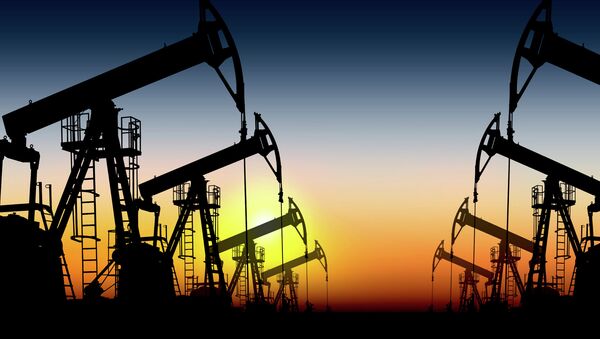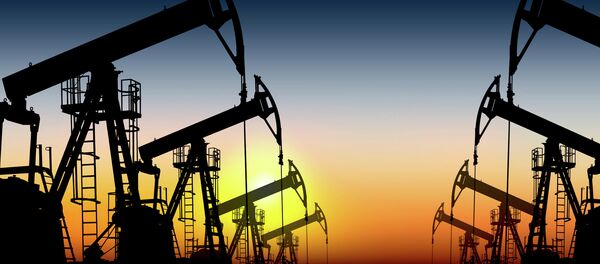Kristian Rouz – On Tuesday, US President Donald Trump enacted executive orders aimed at advancing the construction of two major oil pipelines, the Dakota Access (DAPL) and Keystone XL pipelines, the latter believed to be off the table after the environmentalist push of the Obama administration took it off the table over the period of 2014-2015. Trump's idea is to lower the costs of energy in the US by ensuring larger volumes of crude transported from the oil sands of North Dakota and the Canadian province of Alberta to oil refineries in Louisiana.
However, the chances are the DAPL and Keystone, upon completion, will have only minor negative effects, if any, on oil prices outside the US because of the Trump administration's protectionist approach to foreign trade. Higher customs tariffs at the US border are likely to prevent the comeback of the oil glut that plagued global oil trade after the US boosted their oil output in mid-2014.
According to estimates by Goldman Sachs, US-produced oil could move to a 25pc premium over Brent oil, currently the international benchmark for crude prices, due to the border tax, or customs tariffs, to be imposed by the Trump administration.
Goldman is anticipating "meaningful changes to the US corporate tax code this year," which will include a likely implementation of the "destination-based border-adjusted corporate tax (BTA)."
US oil, most notably the WTI, has for decades been lower in value than Brent benchmark, but the border tax will curb US imports of oil from overseas. The crude from oil sands in North Dakota and Alberta is more expensive to produce and handle because of its higher flammability. That said, oil prices in the US market will go up.
Subsequently, US oil is likely to go up in price, supporting the growth in jobs in crude extraction and transportation. The resulting financial gains for the US energy sector will eventually translate into higher salaries and wages for American workers. As US oil appreciates, Brent will inevitably follow, albeit there will be a prominent gap between oil prices on either side of the Atlantic.
US refiners will be forced into consuming the more expensive US and Canadian oil by these protectionist policies, whilst the oil producers will be seeking to export their oil outside the US due to the favorable export tariff.
However, Goldman warned, the longer-term consequences for international oil producers will negative unless they change their approach to oil trade. On the other hand, international oil producers will only feel any negative effects if US oil exports become prominent on a global scale, which, given the rife demand for oil in the US market, is unlikely. Besides, more expensive US oil will eventually result in higher Brent prices as global energy market tends to level any discrepancies as they emerge.
On Tuesday, Brent benchmark dropped 0.3pc to $55.29/bbl, whilst WTI retreated 0.4pc to $52.96/bbl. Goldman are expecting WTI to advance to as high as $68/bbl by 2018 should the Trump administration introduce the BTA tariff. Currently, the US oil production is 6pc above its mid-2016 level, but is still 7pc below its 2015 record highest.






